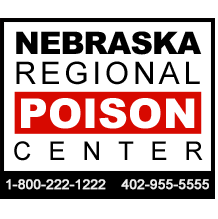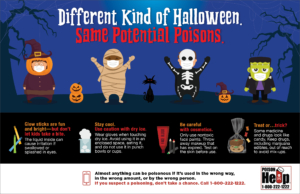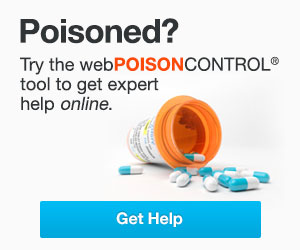Nebraska Poison Center Announces Winners of Annual Poster Contest
The Nebraska Poison Center is excited to announce the winners of this year’s highly anticipated Poison Prevention Poster Contest. After many creative entries, two students stood out for their unique artwork and important messages.
Josie Agular, a 6th grader from Rockbrook Elementary, with her eye-catching poster titled “Children Act Fast, So Do Poisons.” Josie’s artwork highlighted the importance of acting quickly when it comes to poison prevention, a powerful message that resonated with the judges.
Rose Workman, also a 6th grader from Prairie Lane Elementary, with her impactful poster, “When Poison Happens.” This is Rose’s second consecutive win in the contest, showing her continued passion for spreading awareness about poison safety.
Poison Prevention Week is March 16-22, 2025. These two talented students, Josie Agular and Rose Workman, had the special opportunity to visit the Nebraska State Capitol on March 18th for the signing of the National Poison Prevention Week Proclamation with Governor Pillen. Both Poison Prevention Poster Contest winners were recognized for their creativity and dedication to spreading awareness about poison safety.
Nebraska Poison Center is a free, fast, and confidential service available 24/7/365. When you call 1-800-222-1222, you will immediately speak to a Registered Nurse, Pharmacist, or Nurse Practitioner.





